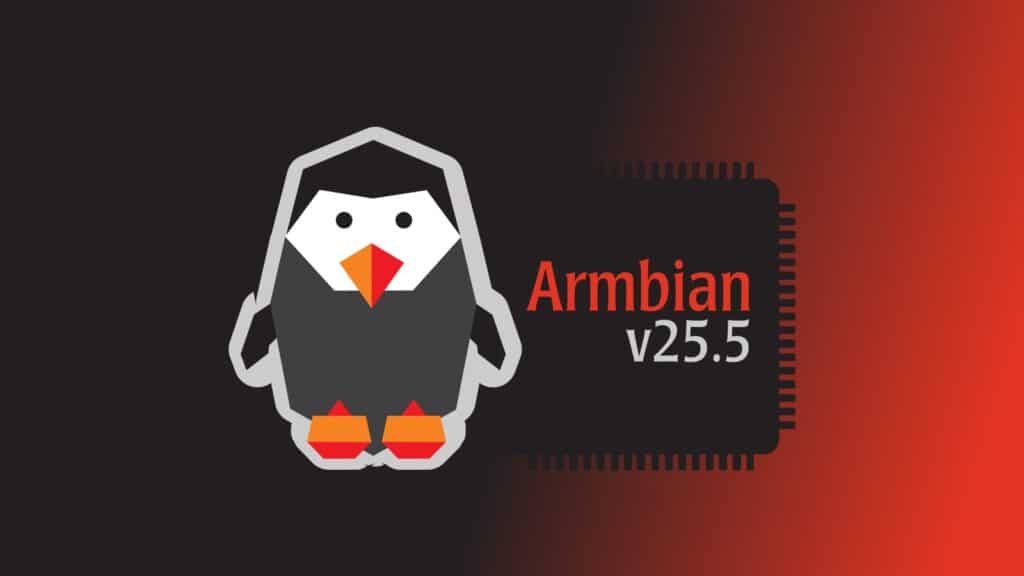Armbian, a lightweight Linux distro optimized for ARM-based single-board computers, announced the availability of its latest version, 25.5, with enhanced hardware compatibility, system tooling, and application modularity.
A significant highlight of this release is the extended support for a broader range of SBCs. The team has introduced or improved compatibility with the TI SK-AM69, Banana Pi M2+, BeagleBone AI-64, BeaglePlay, and PocketBeagle2.
On the firmware front, devices utilizing Rockchip platforms, notably Rock 5B and Youyeetoo R1, have benefited from enhanced audio and HDMI capabilities. Additionally, critical updates to U-Boot have been synchronized with upstream improvements, promoting better system reliability and compatibility.
Kernel advancements are also in place in Armbian 25.5, especially with the transition to Linux kernel 6.14 on Rockchip64-based devices, bringing noticeable performance boosts and expanded peripheral support. Moreover, a newly configurable kernel patching mechanism provides flexibility for developers who prefer building directly from the mainline kernel.
Further system refinements include improved EFI partition alignment and enhanced BTRFS subvolume management.
This release also substantially addresses stability. Enhancements to boot scripts, improved serial console functionality, and simplified logging mechanisms collectively enhance system reliability, especially during early boot and initial setup phases.
Apart from these, an important part of this release is user-friendly system management through significant upgrades to the armbian-config utility. Users can now conveniently deploy self-hosted applications such as Home Assistant, Stirling PDF, Navidrome, Grafana, NetData, and Immich directly from the interface.
Lastly, networking configurations are now easier and more reliable, thanks to an improved Wi-Fi detection system and comprehensive documentation for network setups. Additionally, enhancements in overlay and board support package switching tools ensure configurations are appropriately tailored to the specific hardware.
For more information, refer to the release announcement. The distribution comes in two flavors: a minimal version that’s perfect for servers, and a desktop edition designed for everyday use.
